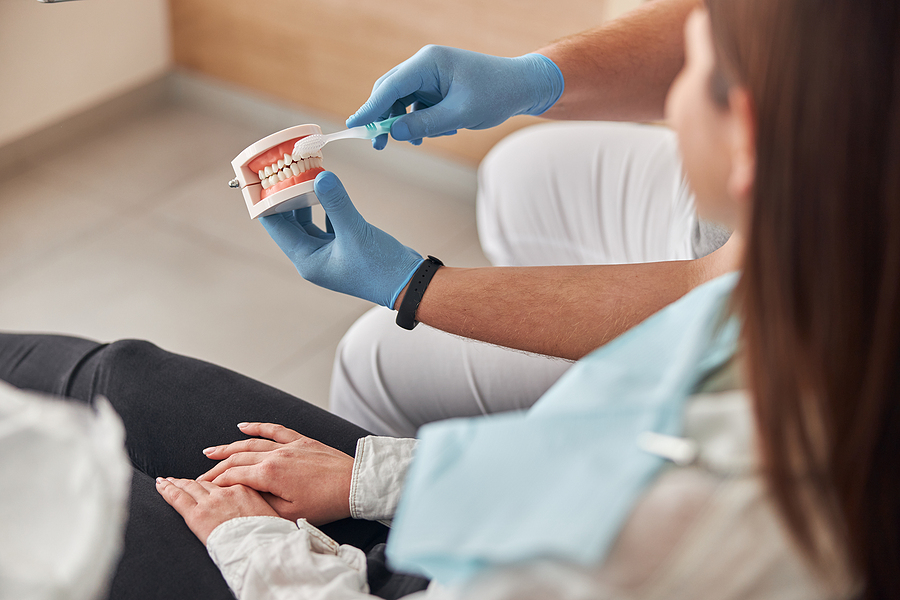Dental health is an integral part of our overall health, yet it is often overlooked. The effective prevention and management of these diseases heavily depend
on preventive dental care. To help increase understanding and generate more attention towards this crucial topic, we delve into various types of
preventive dental care in this blog post.
Defining Preventive Dental Care
Preventive dental care is all about maintaining healthy teeth and gums and avoiding the onset of dental problems such as cavities, gum disease, and enamel wear. The entire process involves taking proper care of your teeth to prevent oral diseases. This care can help save you from invasive treatments, unnecessary pain, and excessive dental bills in the future.
Preventive dental care breaks down into several different types which include the following:
Regular Dental Check-ups
Regular dental checkups are a cornerstone of preventive dental care. It is advised to see your dentist at least once every six months. During these visits, your dentist will perform thorough examinations to detect any early signs of oral issues. This includes checking for cavities, plaque and tartar on your teeth, and signs of gum disease. Early detection can help manage dental problems before they grow more severe, saving both your health and wallet.
Also, radiographic screening, often known as dental X-rays, is often performed during these visits. Dental X-rays assist in identifying dental issues that are not noticeable to the naked eye. This might include damage to jawbones, impacted teeth, abscesses, tumors, or decay between teeth.
Dental Cleanings
Beyond regular brushing and flossing at home, professional dental cleanings are an essential preventive measure. A dental hygienist can clean hard-to-reach areas of your mouth and remove tartar build-up that regular brushing can’t address.
Fluoride Treatments
Fluoride is a natural mineral that helps strengthen tooth enamel and prevent tooth decay. Therefore, the application of fluoride, either as a varnish, foam, or gel can provide additional protection to your teeth. Professional fluoride treatments typically contain a higher concentration of fluoride than that found in tap water, toothpaste, and mouthwashes.
Dental Sealants
To provide an extra line of protection, dental sealants are a beneficial preventive strategy. Sealants are a protective plastic coating applied to the chewing surfaces of back teeth (molars), where decay often starts. It effectively “seals off” the grooves of your teeth where food particles can get stuck and cause cavities.
Mouth Guards
Mouthguards are essential for preventing dental injuries. If you play contact sports or have bruxism (teeth grinding), your dentist may recommend wearing a mouthguard. It protects your teeth, gums, and jaw from any damage, thus highlighting its role in preventive dental care.
Healthy Eating and Oral Hygiene Practices
Last but not least, a balanced diet is crucial for oral health. Consumption of nutrient-rich food contributes to healthier gums and stronger teeth. Moreover, adopting healthy oral hygiene habits such as brushing twice a day, flossing at least once a day, and using mouthwashes can assist in plaque removal and prevent oral diseases.
Preventive Dental Care for a Healthy Future
With the incessantly progressing nature of dental conditions, skipping preventive dental care can lead to issues far too complex and costly to manage later on. Importantly, preventive care extends its implications beyond oral health: research increasingly links poor oral hygiene to other health complications, such as heart disease, diabetes, and respiratory illnesses. Thus, preventive care practices don’t just contribute to a healthy mouth; they can significantly impact your overall health and wellbeing. Incorporating these habits into your life can safeguard both your charming smile and your systemic health, leading to a better quality of life.

